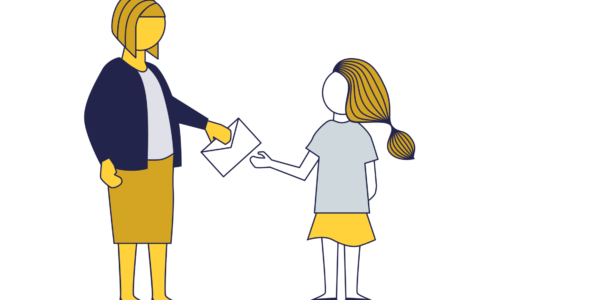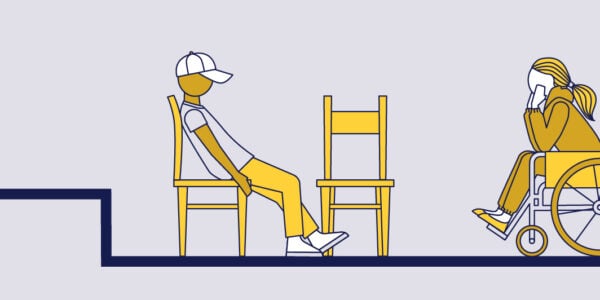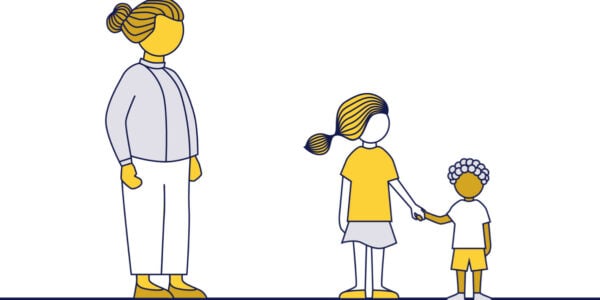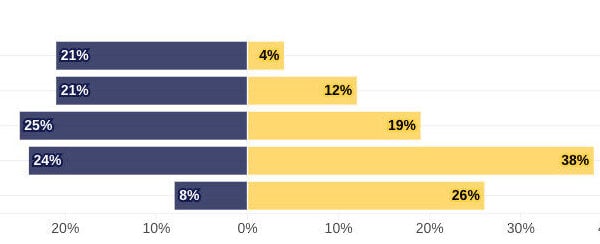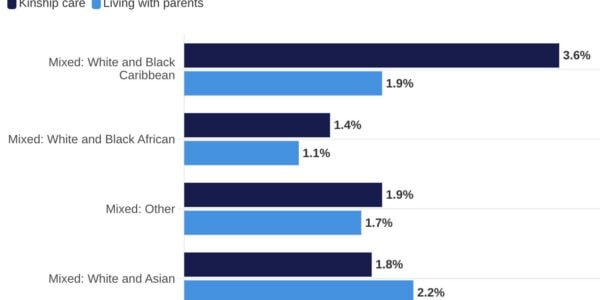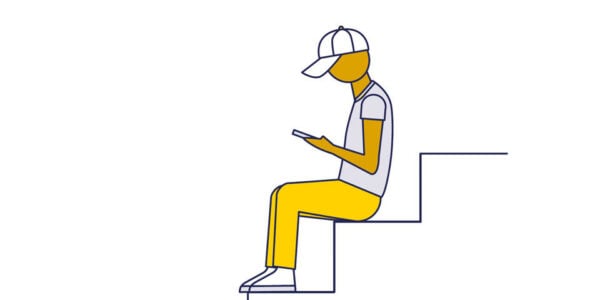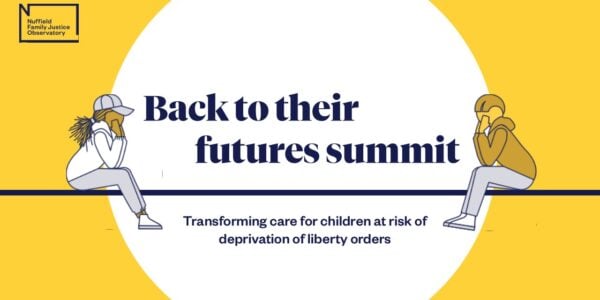In July 2022 the President of the Family Division launched the national deprivation of liberty court.
Based at the Royal Courts of Justice, it deals with all new applications seeking authorisation to deprive children of their liberty under the inherent jurisdiction and will run for a 12-month pilot phase initially.
Nuffield Family Justice Observatory was invited to collect and publish data on these applications. This monthly briefing highlights high-level data trends during the first four months of the court pilot.
About the data
The data reported in this briefing relates to all applications issued by the national deprivation of liberty court. It covers information included on the C66 application form – the form used to apply for an order under the high court inherent jurisdiction in relation to children. Data is extracted and recorded by court staff and analysed by Nuffield Family Justice Observatory.
Data caveats and limitations
Data is extracted on a monthly basis from a live data-recording system and reflects the most accurate information at the time of analysis; however figures are subject to revision. In some instances, data may be missing if it is not recorded on the application form. Missing data is excluded from analyses.
We report data at the application level. This may mean that if the same child is subject to more than one application, or the local authority makes multiple applications within a case, some children may appear in the data more than once.
Caution must be exercised in the interpretation of results given the relatively small sample size and timeframe – particularly during the early months of the deprivation of liberty court. As data relating to the use of deprivation of liberty orders is not available from another data source, it is not possible to compare our data to alternative records.
In the monthly data briefings, we are limited in reporting on information recorded in the application form only – this provides an indication of how many applications are being made each month but does not provide detailed information about the children subject to deprivation of liberty applications or the outcome of applications. During the 12-month pilot, Nuffield Family Justice Observatory will be undertaking further research using data collected from the court.
How many applications are there each month?
In the first four months of the national deprivation of liberty court, there have been a total of 459 new applications. 14 of these applications were ‘repeat’ applications within the same case, meaning that a total of 445 children have been subject to deprivation of liberty applications at the national DoLs court from 4 July.
There were 111 applications in the most recent month, October.
The applications were made by 120 different local authorities and 7 hospital or mental health trusts.
How does the number of applications vary by region?
Between July and October 2022, just over a fifth (21.9%) of all applications were made by local authorities in the North West of England, followed by 16.6% of applications from local authorities in London and 11.1% from the South West.
Particular caution should be exercised when interpreting this data due to the small sample size and the fact we only have four months of data. As data collection continues, we will be able to build a better picture about how the use of deprivation of liberty applications varies across the country.
How old are the children?
The majority of children (55.3%) involved in applications were aged 15 and above, with a small minority relating to children under the age of 13 (9.5%).
What gender are the children?
The number of girls and boys subject to applications is almost equal.
